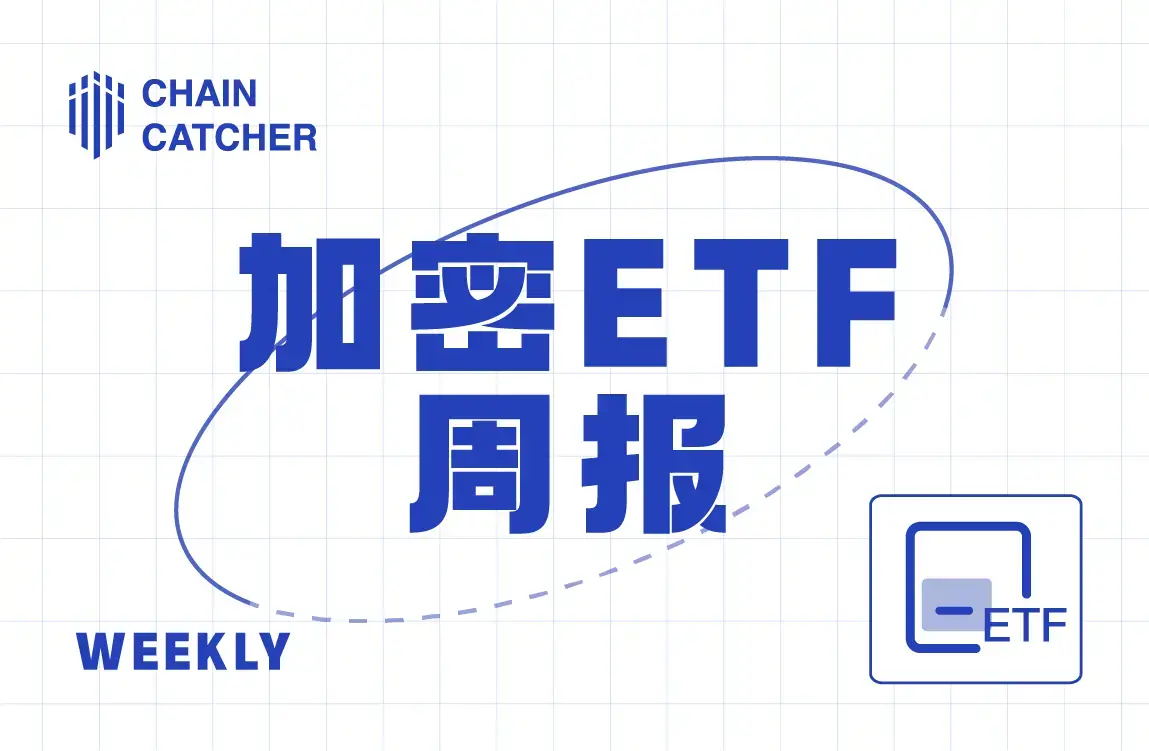富达:84%美国和欧洲机构投资者有兴趣购买数字资产投资产品
作者:Chen Zou
来源:Bitpush.News
根据富达数字资产公司 2021 年机构投资者数字资产研究的新见解,大多数美国和欧洲机构投资者( 84 %)有兴趣购买持有数字资产的机构投资产品,而在美国,投资者更喜欢通过传统金融公司获取这些产品。接受调查的投资者表示,在评估该领域的机构投资机会时,具有既定加密货币经验的基金经理是他们的首要考虑因素,其次是费用和业绩。虽然受访的三个地区(亚洲、欧洲和美国)对投资产品都有浓厚的兴趣,但直接购买数字资产是目前全球机构投资者中最常见的投资方式。
富达数字资产 SM 总裁 Tom Jessop 说:"对直接拥有数字资产或通过各种投资产品所表达的兴趣,再次表明了数字资产市场的成熟、参与者的多样性以及这些投资者在如何看待数字资产在投资组合中的作用方面的进展。我们已经达到了一个拐点,许多机构正在深化他们对这个市场的承诺,并寻求新的投资机会,以表达他们对投资组合的兴趣。在某些情况下,除了比特币之外,还希望纳入其他数字资产。"
目前的投资配置
在接受调查的投资者中,数字资产最常被视为一种替代资产;然而,近四分之一的人将其视为一种独立的资产类别。如今,三分之一的受访者直接投资购买数字资产,28%的受访者购买持有数字资产的投资产品,16%的受访者通过期货合约获得风险。近四分之一的受访机构投资者拥有比特币,五分之一的人拥有以太坊。

7月发布的初步研究结果显示,超过一半的受访机构投资者目前投资于数字资产,在美国和欧洲的采用率逐年上升。所有接受调查的机构部门都报告了自己进行了一定程度的投资,然而,一些机构在这一领域明显比其他机构更加活跃。
在美国,除了加密对冲基金和风险投资基金外,接受调查的家庭资产管理和财务顾问最为活跃,这两个部门的采用率分别同比增长了 28 和 20 个百分点。
在欧洲,继加密对冲基金和风险资本基金之后,接受调查的高净值投资者和财务顾问的投资最为积极。
机构投资前景
每10个接受调查的投资者中有7个计划在未来投资于数字资产。美国机构投资者的偏好预计将继续转向持有数字资产的投资产品,而欧洲和亚洲投资者的未来偏好是直接购买。
总的来说,接受调查的机构投资者表示非常倾向于主动管理和多数字资产基金,不过有三分之一的人表示对单一和多资产产品都感兴趣。当看到潜在的产品结构时,44%的受访投资者认为比特币ETF最吸引人,其次是主动管理的多数字资产基金(41%)。在接受调查的美国和欧洲投资者中,超过六分之一的人对比特币 ETF 表示中立或积极的看法。

富达数字基金董事总经理Peter Jubber说,"数据继续显示,机构投资者期望数字资产行业更接近于其他资产类别,无论是涵盖各种投资策略的多种产品类型,还是通过传统金融公司获得数字资产投资的能力,各机构部门日益增长的兴趣强调了对一套多样化产品和解决方案的需求,以满足投资者在其数字资产旅程中的需求。"
投资者对代币化资产仍持开放态度
该研究还考察了投资者对代币化资产的看法,以及由美元支持的中央银行数字货币(CBDC)的潜力。在接受调查的投资者中,近六成表示他们愿意投资于代币化的现实世界资产,大多数人认为房地产(27%)、贵金属(19%)和股票(18%)具有最大的代币化潜力。部分所有权(最低投资额较低)、流动性和价格透明度被认为是代币化的主要优势。在接受调查的三个地区中,加密对冲基金和风险投资基金、高净值投资者和财务顾问对投资代币化资产最为开放。
超过一半的受访投资者认为,由美元支持的CBDC有可能在未来五年内完成基础建设,而加密货币对冲基金和风险投资基金对数字美元的出现表示了最强烈的信念。虽然全球近70%的受访投资者对美元支持的CBDC持中性到积极的看法,但亚洲和欧洲的机构投资者比他们的美国同行持有更乐观的态度。











